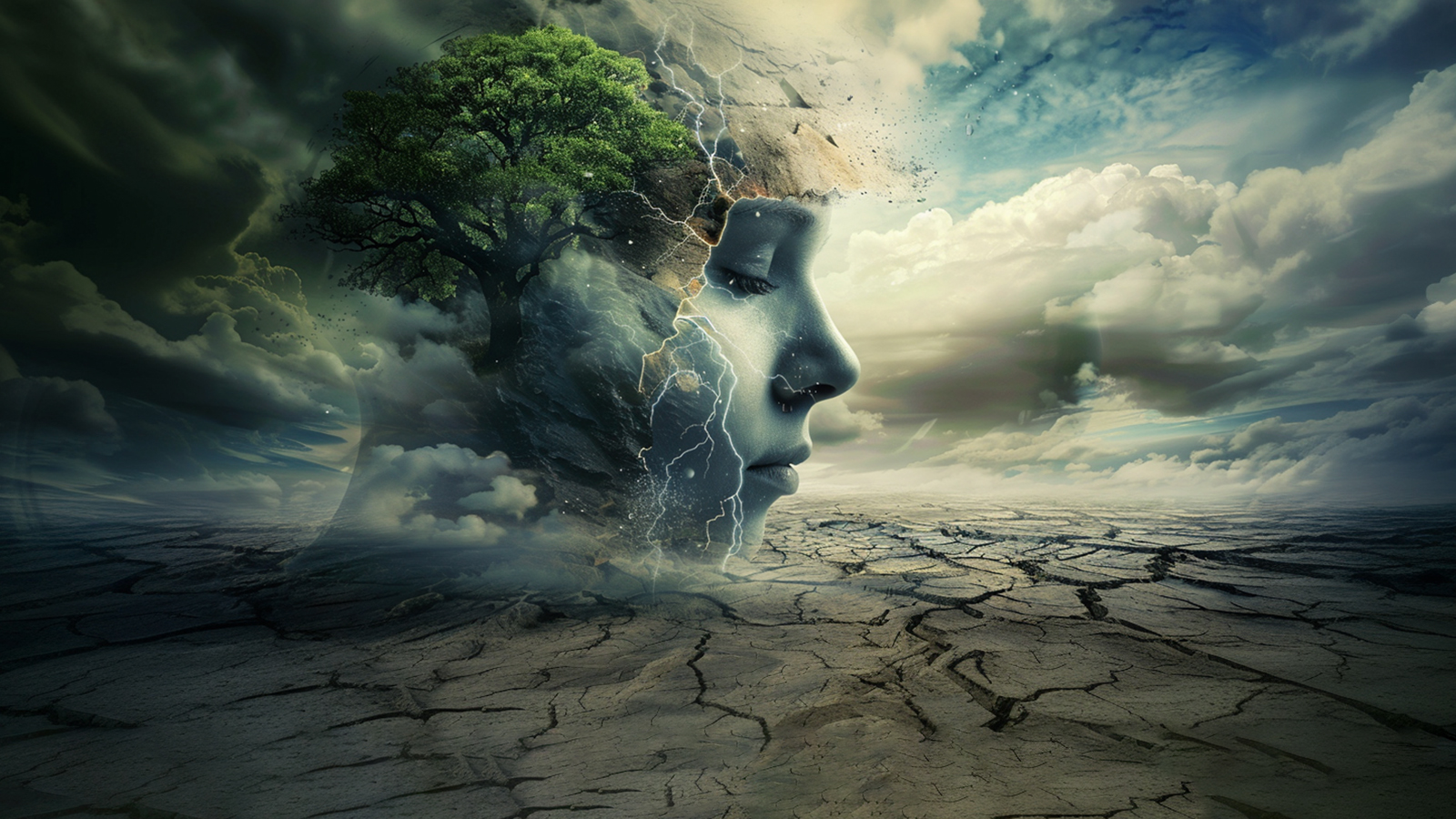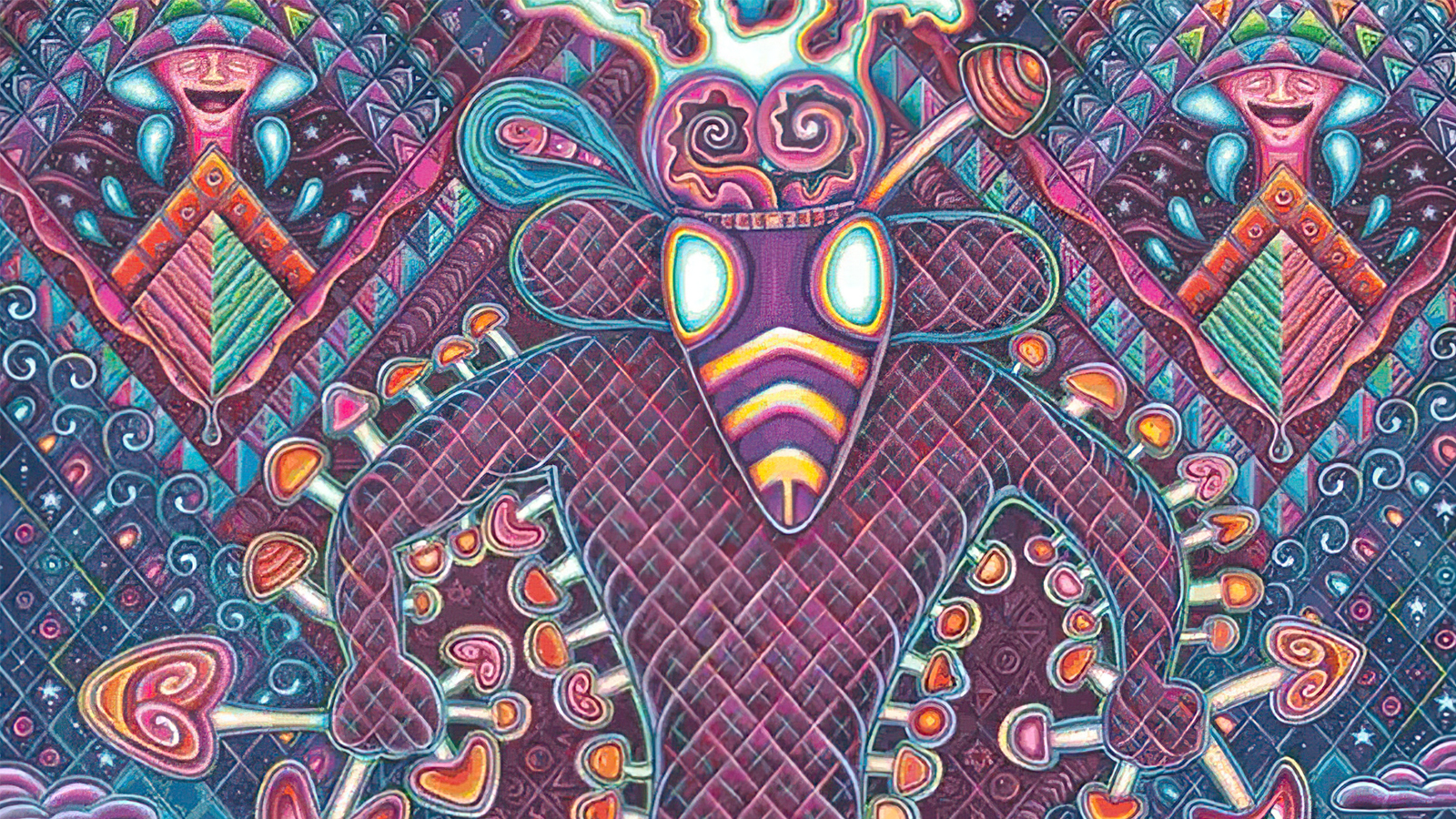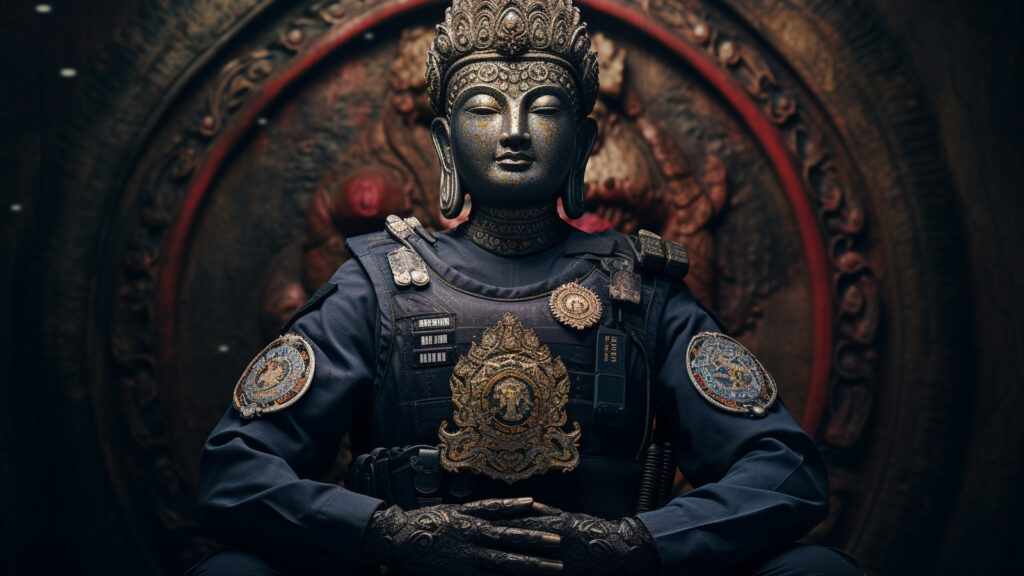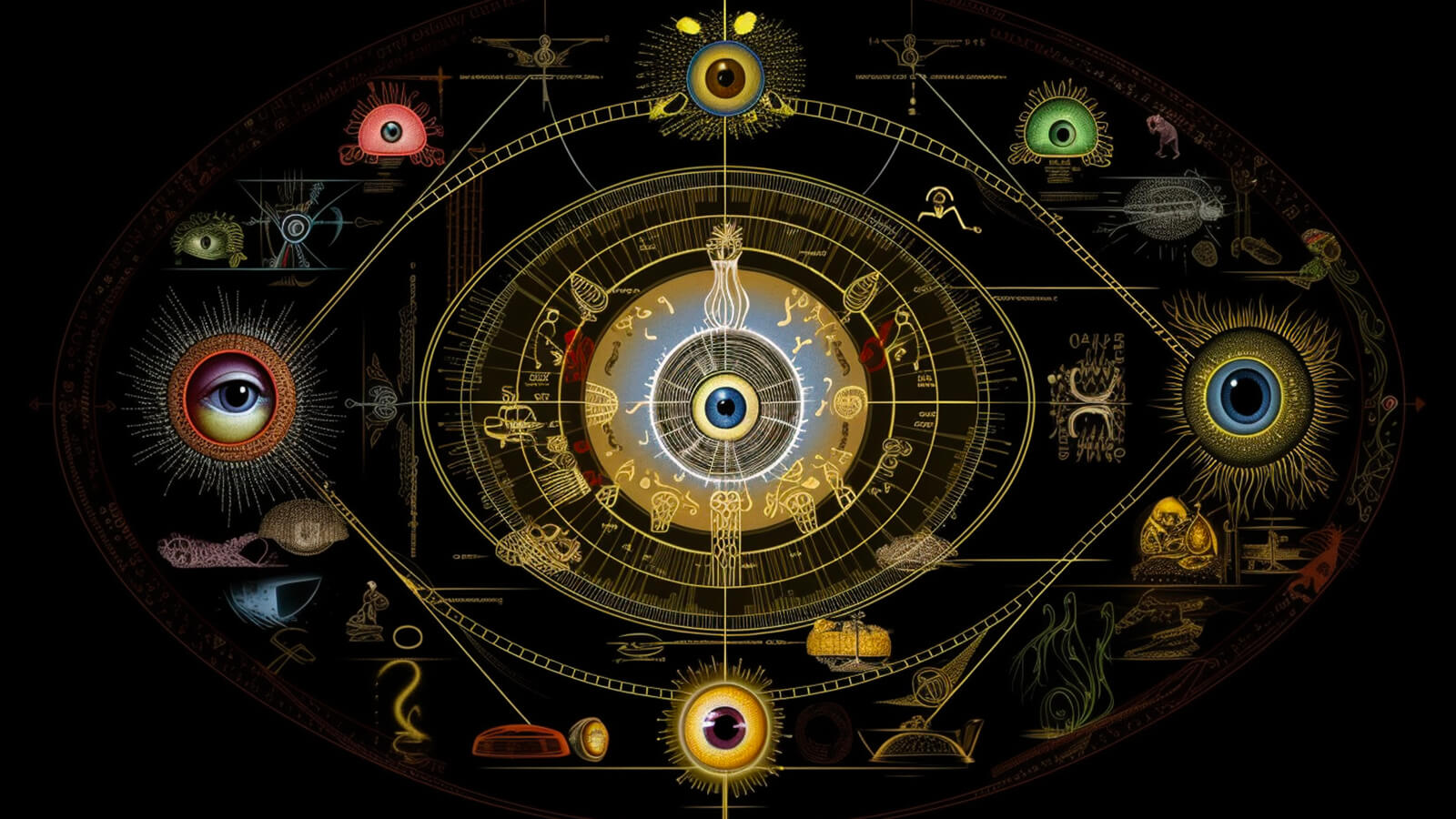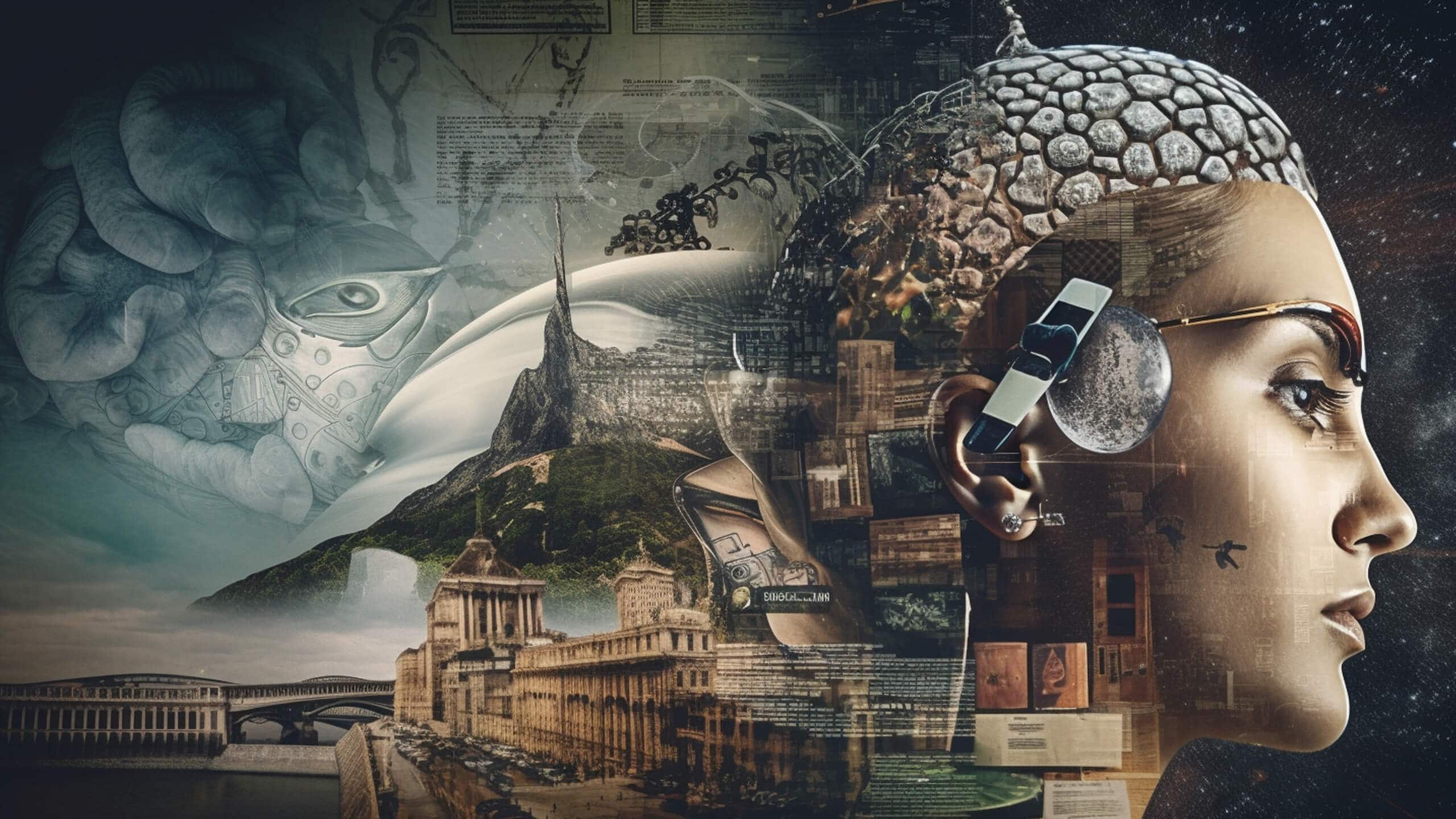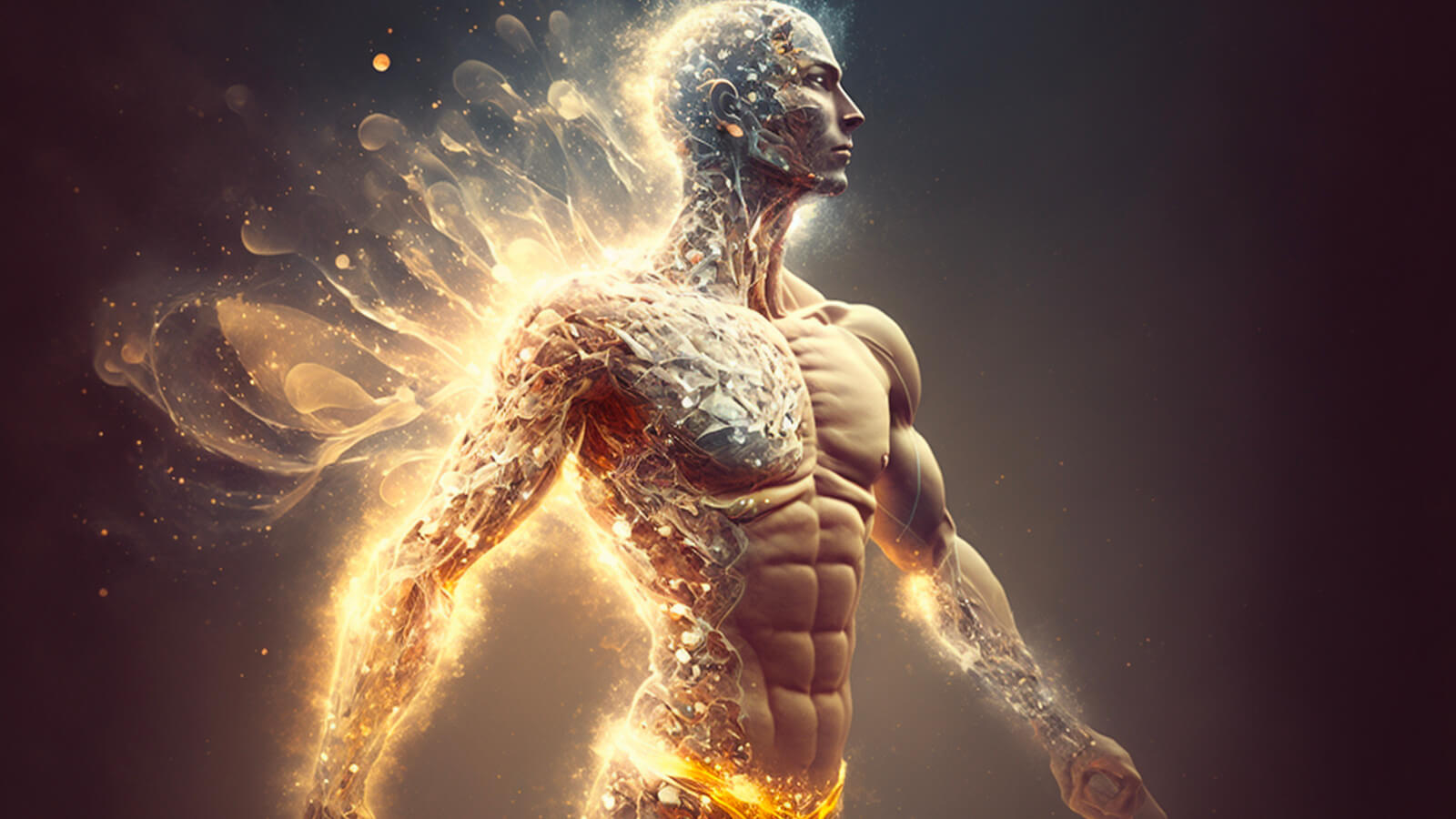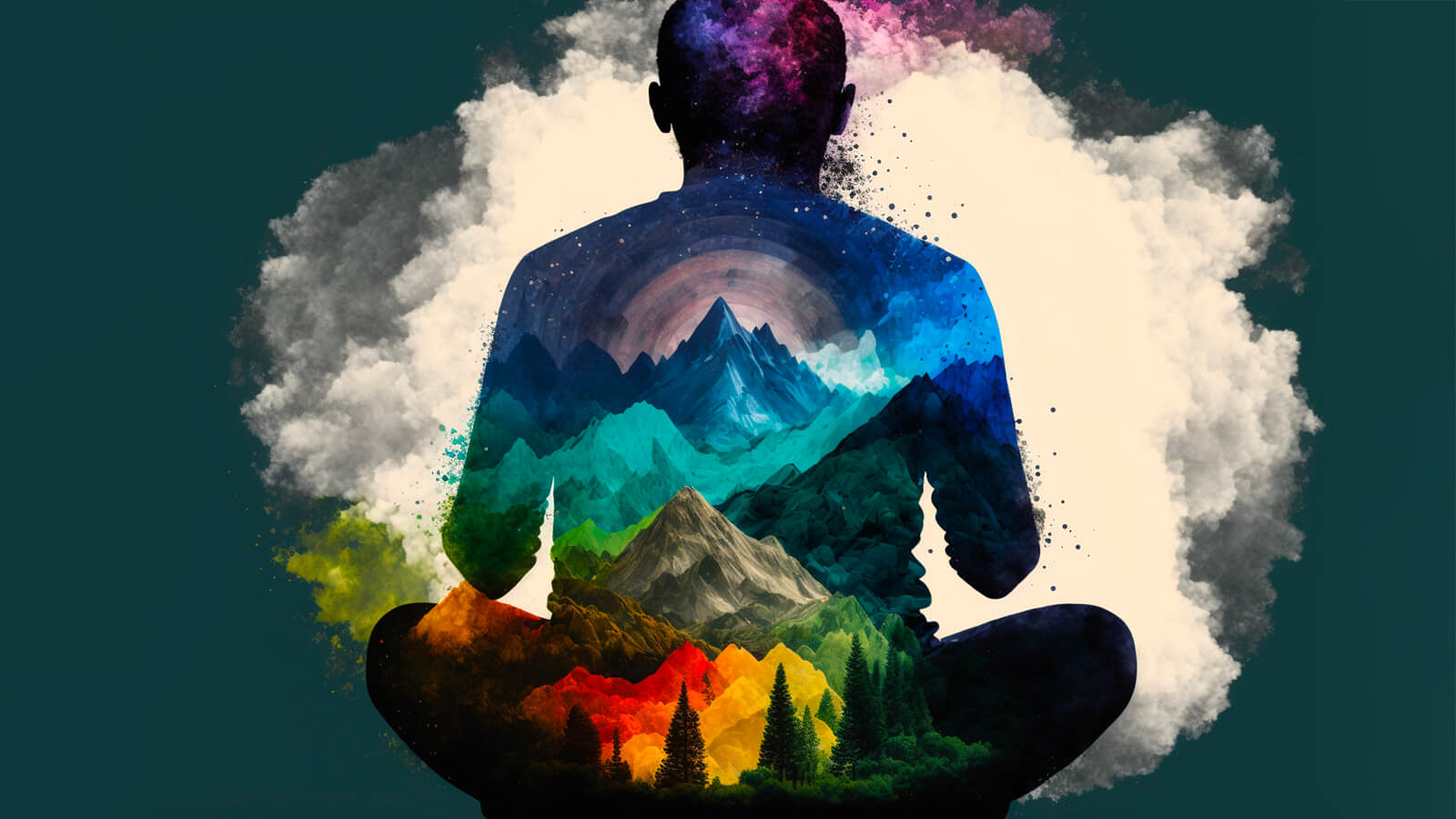“We know that individuals collectively created the problem of climate change…but when it comes to solutions, we don’t honor that we individuals count.”Gail Hochachka
Climate change researcher, sustainable development expert, and activist Gail Hochachka works on the front lines of climate change research, asking—and answering—questions like: How does the way we make meaning, at all our different stages of development, relate to the ways we act on climate change? How can we foster more engagement with climate change? Is climate action scalable? And how are we going to show up for the people who are facing the greatest impacts? So far, in searching for solutions, we have largely neglected tapping into the human dimensions of the problem—the ways we understand climate change, the ways we respond, and the ways we can communicate together and make decisions about how to act. Herein lies the potential to come up with more viable solutions than we have so far, and this is the focus of Gail’s current research.
Climate change is such a hugely complex and also emotional issue, it is understandably hard for anyone to wrap their head around it, Gail tells us, but the good news is that research is showing that taking action—in whatever way seems most appropriate and meaningful to each individual—is scalable, and that there are ways, which Gail outlines, of creating meaningful communication between people who have very different understandings, to where people can actually come to a place of agreement on how to move forward. Gail’s deep understanding of integral theory and stages of psychological development, combined with her extensive experience in sustainable development, gives her a uniquely insightful perspective on ways of confronting the climate challenge. Gail relates that, surprisingly, a positive way to look at climate change has come to light, which is that climate change is actually presenting us with an opportunity—an opportunity to become more conscious about the way we live, to the great benefit of people and planet.
Recorded January 18, 2023.
Topics & Timestamps: Part 1
- Introducing Gail Hochachka, climate change expert & researcher at the University of British Columbia, who brings a profound integral understanding to the way we look at climate change (01:05)
- What are the most exciting research findings? Global problems are actually global symptoms, and we need to look at what shaped the actual problems to come up with effective solutions (02:24)
- When we integrate the human dimensions into the global environmental problems, solutions become more apparent (03:47)
- How much of climate change can we actually make meaning of? We make a whole mental model based on only a fragment of the problem (04:32)
- The knowledge deficit model: do we do the right thing and respond skillfully if we have all the knowledge we need? No. (06:15)
- The value action gap in climate change: when it comes to making changes in our lifestyle, we don’t (08:24)
- The need to foster worldcentric awareness in order to foster climate action (10:08)
- Gnostic intermediaries: speaking across different cultures, translating concepts across space & time, translating meaning across developmental stages (13:14)
- How to approach engagement on environmental issues and the 5 why’s of what is most important to people (15:16)
- How to get people together and discuss climate change (18:54)
- Considering supply chains and the individuals who add value at each stage of the chain allows people to realize both common ground and that these are problems we all share (23:20)
- Interdependence reflection: reflecting on Indra’s net ends up as a meditation on boundless gratitude (27:10)
- We’re all talking from our fragments (29:47)
- Later stages of development and of meaning making make for more flexibility around your attachment to yourself, greater self-responsibility (30:32)
- Recommended climate change adaptations and indigenous cosmologies: given sovereignty of their own meaning making, the solutions are better connected to reality—and more likely to be implemented (36:03)
- Re-owning your sovereignty in relation to the issue is very empowering (38:43)
- The process of “photovoice:” taking photos in response to the question, what does climate change mean to me? (39:57)
- How does meaning making change as we mature developmentally? The object of awareness becomes more subtle, the complexity of thought changes, and the future comes more online (41:53)
Topics & Timestamps: Part 2
- Research shows that a sense of the spiritual arises in later stage development (01:40)
- At later stage development, climate change presents us with an opportunity to be more conscious as to how we live our lives (03:06)
- Climate change scientists only represent a narrow bandwidth of psychological development (05:43)
- Research shows, even if we come from different understandings, we can have conversations and find ways to act that we agree upon (07:41)
- Psychic benefits and how later stage individuals show up in every group (09:26)
- What brought Gail into this field of study and research? (13:08)
- Is how women approach climate change different than how men do? (18:30)
- Social holons and sub holons: the group’s center of gravity will either grow you or limit you (20:53)
- Mentors and the paradox of success (23:06)
- How predictable are the outcomes of our changing environment? (25:26)
- We have the physio sphere, the biosphere & the noosphere—it is the noosphere that would be the first to go (27:28)
- How are we going to show up for people who are feeling the greatest impacts? (31:55)
- Double exposure, overlays, looking at communities facing multiple issues: which part of this ball of yarn are we going to pull? (33:12)
- How to avoid the single issue fallacy, single cause fallacy, and single solution fallacy, in order to maintain civilization (35:27)
- The extent to which you cross your own value action gap, sustainability does scale—there is an enactment in this moment that has ripple effects (36:36)
Podcast produced by Vanessa Santos
Presented by iAwake Technologies’ innovative, sound-tech infused Alpha Arising.
Brain Awake is a uniquely powerful audio program for accessing states of peak performance and flow. Weaving a profound, transformational, guided meditation with advanced brainwave entrainment technology, Brain Awake is designed to dramatically boost your concentration, memory, intuition, and creativity.
- A hypnotic inner journey to awaken the true potential of your brain
- Experience a beautifully immersive soundscape of 3D nature sounds, evocative sound textures, and harmonically layered brainwave pulses
- Feel energized, inspired, and ready to perform at your best
Check out the free sample:
About the Deep Transformation series
Embark on a sonic journey that sponsors deep relaxation, enhanced focus, and a greater sense of being in the moment. The melodious flavors and subtle guidance of the tracks “Borealis” and “Polaris” will call you back into their comfort and mystique, again and again.
- Increase creativity and resourceful states
- Lift and stabilize mood
- Experience enhanced focus and expanded flow of awareness
Click here to learn more about Deep Transformation!
Previous Episodes of Deep Transformation
Become a member today to watch this video presentation and support the global emergence of Integral consciousness
Membership benefits include:
Premium Content
Receive full access to weekly conversations hosted by leading thinkers

Journal Library
Receive full access to the growing Journal of Integral Theory & Practice library

Live Experiences
Stay connected by participating in Integral Life live events and discussions
Courses & Products
Get unlimited 20% discount off all products and courses from our friends and partners

Free Bonus Gifts
Download The Integral Vision eBook by Ken Wilber (worth $19 on Amazon) & The Ken Wilber Biography Series

Support of the movement
Support our mission of educating and spreading integral consciousness that is more critical than at any time in its history
About Gail Hochachka
Gail has 20 years of experience bridging research and practice in sustainable development in Africa, Latin America and North America. Her enduring interest is on how to better understand and integrate the human dimensions of global environmental change, in approaches that are commensurate with the complexity of the issues today.
About John Dupuy
John Dupuy is co-founder and CEO of iAwake Technologies, a company that creates cutting-edge, high-tech brainwave entrainment soundtracks that support the healing of emotional/shadow issues, deepen meditation, mental focus, creativity, and flow states, and enhance a daily integral transformative practice. John has been working personally and professionally with brainwave entrainment technology since 2004, and travels internationally to teach and inspire on the subjects of Integral Transformative Practice and Integral Recovery®. John is also the author of Integral Recovery: A Revolutionary Approach to the Treatment of Alcoholism and Addiction (SUNY Press, 2013), winner of the 2013 USA Best Book Award, and co-host of the popular Journey of Integral Recovery podcast. John also hosts the online series Spiritual Tech Talks 2.0, in which he converses with leaders, pioneers, and inventors on the current wave of emerging spiritual technologies.
About Roger Walsh
Roger Walsh, M.D., Ph.D., has spent nearly a quarter century researching and practicing in the world's great spiritual traditions. His critically acclaimed book, Essential Spirituality, is a summary of that wisdom, outlining the seven spiritual practices common to the world's major religions.

